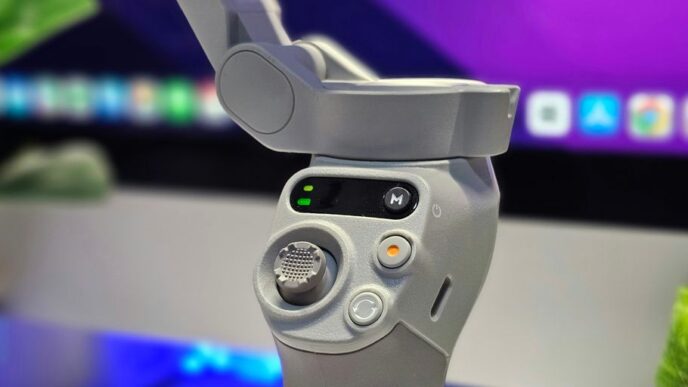Automotive technicians diagnose, inspect, and repair automotive, engine, transmission, and other engine-powered mechanical parts of cars, trucks, vans, and other power-driven vehicles. Invented in 1903, the Auto Technology school teaches these skills via classroom and lab courses taught by certified instructors. A school that specializes in Auto Technology and Engineering offers many vocational classes for automotive technicians, as well as an online program. Auto technicians learn a variety of skills, from diagnostic techniques to repairing internal components. The school is committed to producing automotive technicians who can be entrusted with any of a variety of car repair tasks.
The school offers two types of auto technology programs: A credit per action (CPA) or a course of study that incorporates theory with practical application. The credit per action program generally requires a student to perform a certain number of pre-determined tasks, while a course of study allows a student to explore specific topics in more depth. Both credit and course of study programs are grounded in the most recent advancements in automotive technology. An Auto Technology school that offers both programs is certain to have programs that address current car repair issues and teach students how to make the most out of their own cars.
One of the most popular segments offered at an Auto Technology school is the automotive technicians’ program. Here students learn everything about nuts and bolts, as well as the performance and maintenance of engines and drivetrains. They’ll also learn the basics of replacement and maintenance parts and how to troubleshoot various problems using a variety of tools. While learning their skills, students will be given access to real-life examples, allowing them to implement their learned concepts into real jobs.

An essential element of any technology program is hands-on training. At the end of each class, students are expected to demonstrate their knowledge with a real job. In the class, the student will be given a certain amount of work time to perform basic or an extensive set of test tasks, depending on the school’s requirements. By performing simple repair jobs on cars, vans, motorcycles, trucks, and boats, students show their proficiency with the tools they learned in class and demonstrate their capability of doing basic repairs themselves.
Automotive technicians are not only interested in learning how to repair and fix vehicles, but they also need to know how to improve performance and keep an automobile running optimally, often with just a few simple adjustments. A perfect example of this type of task is tune-ups. A typical tune-up class includes lessons on engine performance, transmission fluid usage, and care, spark plugs and filters, clutches and shifters, powertrain controls, exhaust systems, and more. This hands-on practice prepares students to handle real customers’ situations when they call for automotive assistance. For example, if a car owner is experiencing excessive noise coming from his vehicle, a mechanic can perform a tune-up to correct the problem. A customer may have an emergency situation, such as an oil leak, that requires immediate attention; by practicing on his own the mechanic will know what to do in these situations.
Another popular hands-on lesson at ACI schools is something many car owners don’t think of until they are faced with a mechanical problem: basic troubleshooting. Most people think of “light” repair problems as having lights on or a dashboard warning about an issue that requires attention right away. However, a serious engine problem requires a professional who has the knowledge and tools to diagnose the problem and make the necessary repairs. Students learn to identify symptoms of light and engine problems and be able to give an effective diagnosis. Proper light repair and troubleshooting techniques will be valuable skills learned during a Natef Technology or ACI school.












